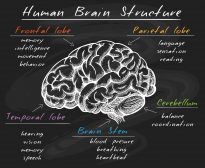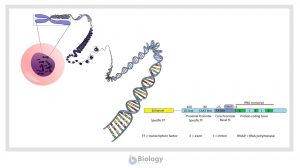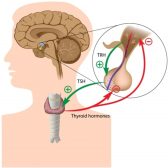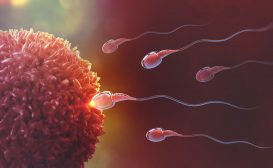Definition
noun
A haploid cell having two copies of the set of chromosomes
adjective
Of or pertaining to a cell or organism containing two copies of the same haploid genome
Supplement
In genetics, ploidy refers to the number of sets of homologous chromosomes in the genome of a cell or an organism. Each set is designated by n. Dihaploidy is the state in which the nucleus contains two copies of the same haploid genome. A cell showing dihaploidy is called a dihaploid.
Dihaploid refers to a haploid cell in which its nucleus contains two copies of the set of chromosomes. For instance, haploids of tetraploid species are called dihaploid. A dihaploid occurs as a result of the spontaneous or induced chromosome doubling in haploid cells during embryogenesis. Dihaploidy is caused by haploidization, which is the process of halving the chromosomal content of a cell. It occurs mostly in plants than in animals.
The term dihaploid is derived from the Greek di-, meaning two or double and from haploid, which is defined as that containing half of the set of chromosomes .
Also called:
- doubled haploid
Compare:
See also:
- ploidy
- homologous chromosomes
Related form(s):







